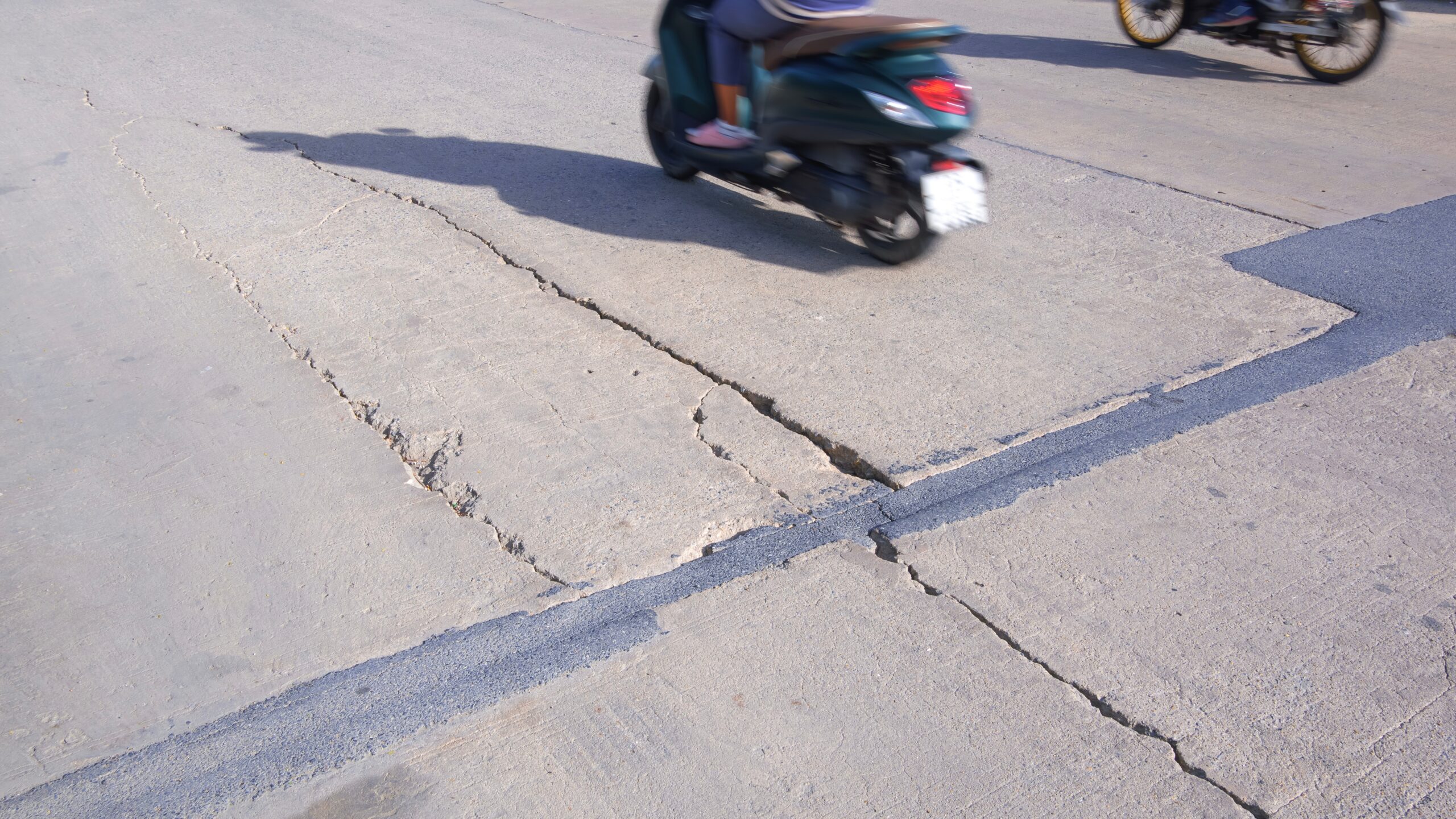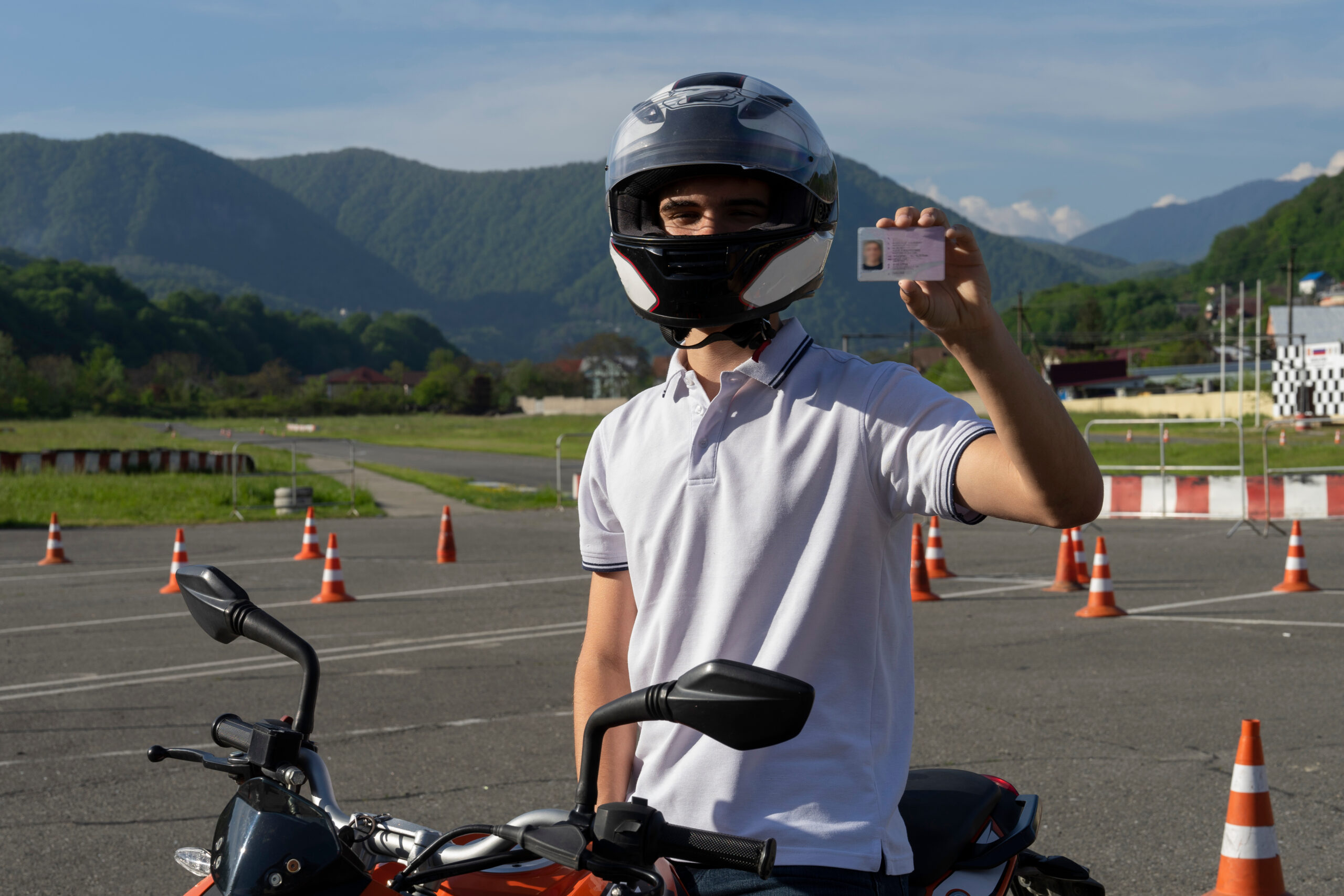In your premises liability case, as with any injury case, you have to clear several hurdles. You, of course, have to give the court sufficient proof that shows the defendant was negligent and that this negligence caused you harm. You may also, though, need to avoid things like affirmative defenses and statutory immunity provisions that could defeat an otherwise strong case. Having a skilled San Mateo premises liability attorney by your side throughout the process can greatly increase your chances of clearing these hurdles and achieving success.
Overcoming statutory immunity can be a very big deal in your case because, if the defense can persuade the court that the elements of the statute are all present, then you’ll recover nothing. As an example, there’s M.H.’s premises liability case. M.H., a teenage motorcycle rider, was injured while riding at a motocross track. M.H. suffered severe injuries in a collision with another motorcyclist.
The track was located on property owned the parents of her friend, G.Y., so the girl sued G.Y. and his parents. The girl’s argument in her case was that the motocross track was designed negligently and that it lacked directional signs. These things, according to M.H. led to her collision with the other biker.
M.H., though, had a potential problem with her premises liability lawsuit, and that problem was California Civil Code Section 846. Normally, an owner of a property is required to keep their property “reasonably safe” and is liable if they don’t do so and someone is injured as a result.
Section 846, however, says that this sort of premises liability doesn’t apply if the property was used for “any recreational purpose.” In other words, while you have to maintain your yard and fix that big hole in the side yard, you do not have to similarly maintain your undeveloped 10 acres that you permit people to use for hunting.
How proof of being ‘expressly invited’ may save your case
There is, however, an exception the legislature built into Section 846 that is a possible aid for injured people. That exception exists when you were “expressly invited” by the landowner to use the premises.
Sometimes the facts of your case may fit neatly into the law. Often times, though, they don’t, and that’s the time when, more than ever, you need an effective attorney on your side. M.H.’s case was one of those times. G.Y. expressly invited her to use the track. 18-year-old G.Y., however, was not an owner of the property – his parents were.
Did this technical distinction doom the girl’s case? No, it did not. M.H.’s legal team successfully argued on appeal that this connection between G.Y. and his parents was close enough to trigger the exception and the appeals court agreed. The ruling, which is an important victory for people with premises liability claims, said that when “a child of the landowner is living with the landowner on the landowner’s property and the landowner has consented to this living arrangement, the child’s express invitation of a person to come onto the property operates as an express invitation by the landowner within the meaning of” Section 846, unless the parents had previously explicitly forbidden the child from inviting guests onto the property.
Under this standard, you can still pursue your premises liability case as long as you can prove that the person who invited you onto the property where you were hurt was the child of the owner(s) and was living with owner(s) at the time with the permission of the owner(s). Unless the defense proves that the owners explicitly prohibited the child from inviting guests, then you may continue pursuing your case.
Whether you are taking on a premises liability case or some other type of injury case, you need skilled legal counsel who can take the law and make it work for you, and help you clear the hurdles that might otherwise prevent you from getting the compensation you need. Rely on the experienced injury attorneys at the Law Offices of Galine, Frye, Fitting & Frangos for that kind of effective legal representation. To set up a free consultation with one of our helpful attorneys, contact us at 650-345-8484 or through our website.
How One California Teen Overcame a Defense Claim of Statutory Immunity in Her Premises Liability Case


